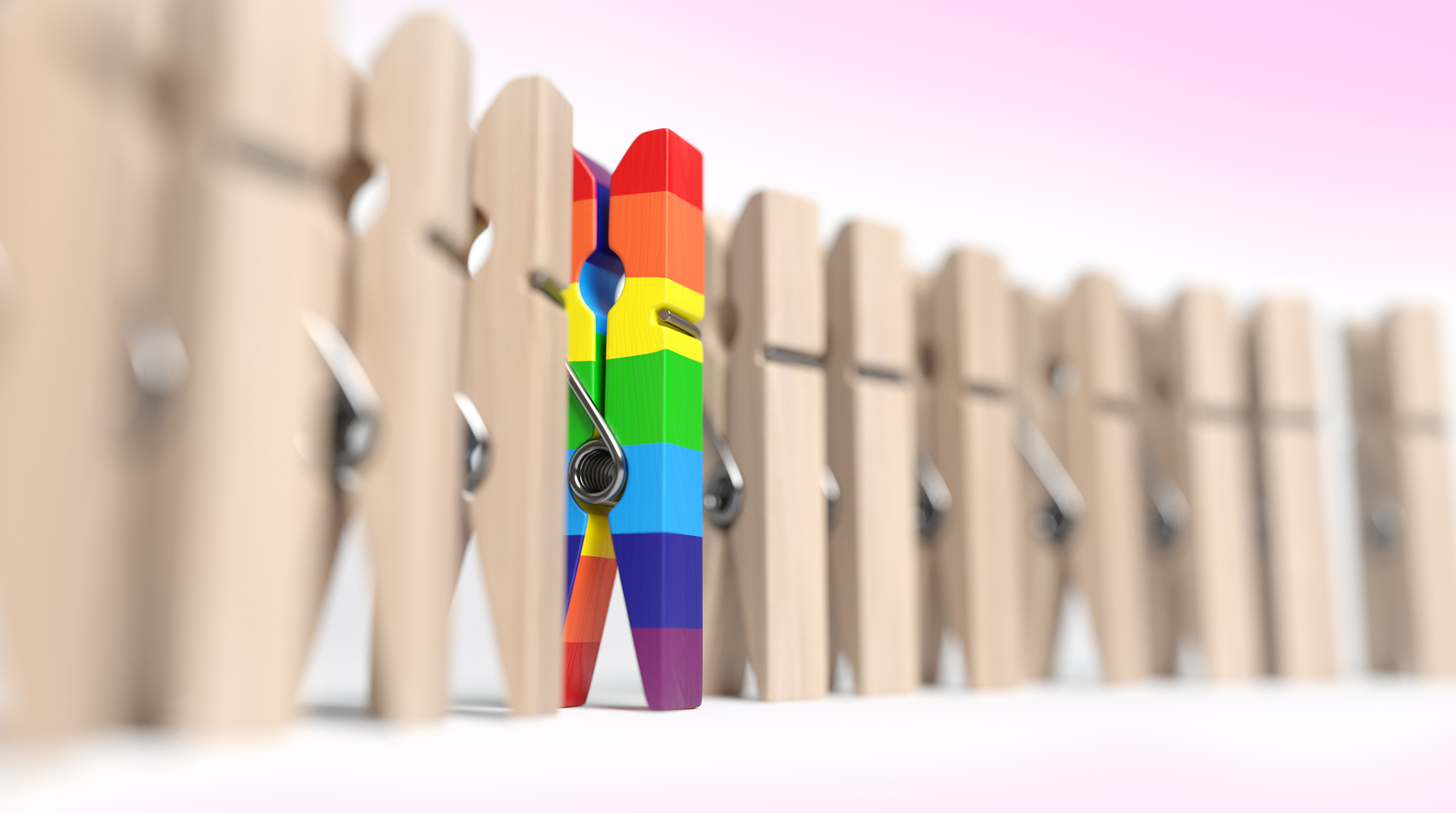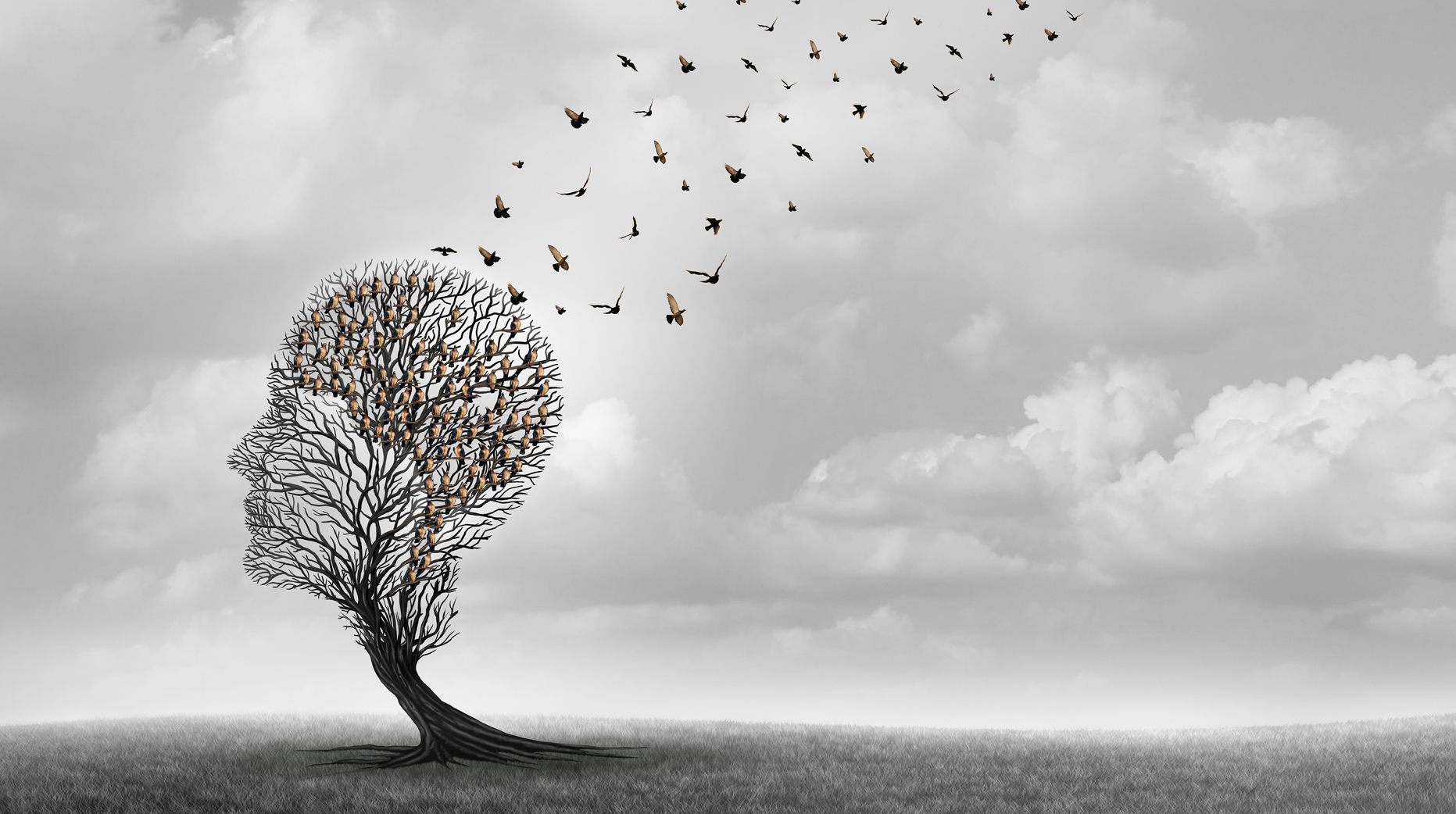The Brain In Relationships
The human brain is extremely complex and this complexity mirrors itself in the nature of human relationships, especially when it comes to love. Ultimately what drives all living organisms is biology and we human beings are no exception.
The need for procreation to keep our species going lies deep also in the human DNA, it is something we share with all living organisms. What we don't share is our human consciousness, the ability to be aware of ourselves.
This ability drives us to something beyond mere procreation and the continuation of our species, something far more complex. Take a moment to consider all the elements that leads to millions of variations of being human. We human beings are a manifestation of life force driven by biology, genetic programming and predispositions.
We are shaped, formed and programmed first by an internal environment, our mother's womb and then the external environment, family, community and culture to make its indelible impression.
Both the internal and external environment greatly influenced our brain structure, which in turn shaped our values, beliefs and behaviour. It determined our ability and capability, how and what we learn and therefore our future.
The Brain That Is Aware Of Itself
We have the ability to be aware, to observe ourselves, to examine, to question and change our own behavior, and change our brain structure by doing so. We are aware of our thoughts, feelings, emotions and behaviour and can directly and deliberately influence these. There are many paradoxes in our needs, traits and behaviour.
We have the ability to be creative and destructive; our brain is designed to be altruistic, social as well as seeking self gratification. We have a need for connection and protection, to belong and be separate, to love and be loved.
We have the ability to fantasise. We can imagine ourselves into the future while being able to remember our past. We have needs, make assumptions, and have hopes, dreams, aspirations and expectations. We have ideas and desires how our relationship 'should' or 'ought' to be.
The Unique Brain
While there are core needs that most healthy functioning human beings share, not one of us sees the world the same way. Each of us sees the world through different lenses so we all experience the world differently.
Every brain is like a map of a country, each with its own unique geography, infrastructure, culture and language etc. Just like each individual finger print is unique so is every human brain, no one brain is the same. Is it any wonder that relating to other human beings can be so challenging?
The Brain In Love
The human brain is one of the most wondrous and complex organs on the planet capable of the most extraordinary endeavours, yet neuroscience tells us that when it comes to choosing a 'mate' we generally do this with the most primitive, least logical part of our brain.
We 'select' and fall in love with our partner based on a powerful combination of a genetic and biological blueprint, influencing our feelings and emotions. Yet, we are deluded into thinking that we make choices based on logical deliberation and reasoning.
However the logical, reasoning and the analytical part of the brain, the frontal cortex, does not get much of a look in while 'falling in love' is in progress. (You only have to look at the divorce statistics to confirm this.) As a matter of fact the thinking and reasoning part of the brain gets sent on a holiday by three powerful forces; biology, feelings and fantasy.
If logic comes back prematurely during the stage of falling in love, it often gets sent away again with thoughts such as: not now, we are having a good time, it feels so right, I know this is my soul mate, it is like we have know each other forever, yes, I know he/she is not perfect but it will change, we are in love and love conquers all, I know he's temperamental but he can be so nice etc.
The Brain That Wears Glasses
There is a real truth in the saying, love is blind. Blind love is a diminished frontal cortex functioning. The lights are dimmed and the limbic system puts on rose coloured glasses. While the frontal cortex is kept in the dark during this initial attraction time, sooner or later it is bound to surface. By then the 'in love' voice might have changed its mind and so has the dialogue.
What the hell am I doing here? What did I see in this person? I thought he/she would change. I thought this would last forever. I don't feel the same anymore etc.
Nature does a great job despite our sophisticated brain functioning, it gets people together, yes, for better and for worse. It was not that long ago that many people got together for reasons other than romantic love such as economic and security reasons.
While falling in love is one of the most wonderful and powerful human experiences that has given birth to the most exquisite painting, music and literature, it is also one of the most precarious stages. Many people think that being in love is the default position of the relationship and when this stage evolves into the next that something has gone wrong.
The Brain That Grows In Love
Of course there are many situations where people don't get swept off their feet and fall in love, such as in arranged marriages, or where friendship evolves into a love relationship. Interestingly in these situations the chance of the frontal context functioning being hijacked is less likely and there appears to be a better chance of the relationship not only to survive but flourish.
Research also shows that couples who consciously prepare themselves for the relationship as well as the marriage, rather than just the wedding day, have a much better chance of it being a more successful and fulfilling relationship. It appears that 'growing in love' seems less exciting yet more sustainable.
The Brain That Separates
More than ever before do relationships end up in divorce and children live with either one parent or the other. On one hand this brain dynamic of over powering the frontal cortex has served our species well in terms of procreation, on the other hand it has made human relationship more complex than any other species on this planet.
We humans don't seem to fare too well with this complexity and many are unable to move the relationship beyond the initial emotional functioning.
The Brain That Integrates
While we might choose our partner based on genetics, biology and the most primitive part of the brain, this does not mean that the limbic system has to keep hold of and control the relationship like it appears to do in so many relationships.
The integration of prefrontal cortex with limbic system is necessary for the emotional and well-being of the relationship.
The Emotionally Intelligent Brain
Emotional intelligence plays a most important and major role in being able to 'dance with the flow of complexity' rather than trying to control it, or what most people try to do; try to change the other person.
It is important to have an understanding, insight and awareness of each other's map. It is also important to understand the stages of human relationships and the elements that sustain a successful relationship.
Especially when it involves the people we love people we owe it to yourself and them to foster this integration through engaging in higher brain functioning, especially in the ventromedial (middle) prefrontal cortex.
Part of this section, the orbitofrontal cortex (OFC), one synapse away from the limbic system, brain stem, and neocortex, serves as the brain's emotion regulation system and ''chief executive officer'' of the social/emotional brain. It functions at the interface of higher and lower brain regions, integrating neocortical and limbic functions.
The OFC calms down the amygdala and helps us make healthy and constructive choices in keeping with our goals and values; it allows us to respond based on information rather than react because of lack of impulse control.
When we develop self-awareness and awareness of others, and when we develop compassion and empathy, we activate and encourage the OFC.
While we cannot change our biological and genetic blue print or the environment we grew up in, we certainly do not have to be held hostage by these.
The extraordinary ability for the human brain to be able to reflect upon itself brings with it a responsibility to do so and to shift the brain into higher functioning, especially when it comes to the brain in relationship.
- i4 Neuroleader (353)
- Leadership & Culture (336)
- Brain Health & Wellbeing (206)
- Innovation (97)
- Performance (85)
- Our News (79)
- Collaboration (68)
- Agility (53)
- Practitioner Stories (44)
- In The Press (36)
- Make Me A Leader (33)
- Balance (31)
- Integration (30)
- Imagination (29)
- Awareness (23)
- Brain-Friendly Channel (22)
- Brain-Friendly Leadership (22)
- Communication (22)
- Curiosity (21)
- Inspiration (19)
- Intuition (19)
- Attitude (17)
- Courage (16)
- Adaptability (14)
- Case Studies (14)
- Drive (14)
- Generosity (13)
- Ethics (9)
- Mental Readiness (9)
- Influence (8)
- Retreat (8)
- Brain-Friendly Leadership (1)
- Oracle Cards (1)
- 1 November 2025 (2)
- 1 September 2025 (3)
- 1 August 2025 (5)
- 1 July 2025 (5)
- 1 June 2025 (2)
- 1 April 2025 (1)
- 1 March 2025 (8)
- 1 February 2025 (3)
- 1 September 2024 (4)
- 1 July 2024 (2)
- 1 June 2024 (6)
- 1 May 2024 (2)
- 1 April 2024 (3)
- 1 March 2024 (1)
- 1 November 2023 (1)
- 1 August 2023 (1)
- 1 July 2023 (2)
- 1 June 2023 (2)
- 1 May 2023 (4)
- 1 April 2023 (2)
- 1 March 2023 (7)
- 1 February 2023 (4)
- 1 January 2023 (1)
- 1 September 2022 (1)
- 1 May 2022 (3)
- 1 April 2022 (1)
- 1 March 2022 (5)
- 1 February 2022 (4)
- 1 January 2022 (4)
- 1 December 2021 (2)
- 1 November 2021 (4)
- 1 October 2021 (3)
- 1 September 2021 (6)
- 1 August 2021 (1)
- 1 April 2021 (1)
- 1 December 2020 (2)
- 1 November 2020 (1)
- 1 September 2020 (1)
- 1 August 2020 (1)
- 1 July 2020 (3)
- 1 June 2020 (4)
- 1 May 2020 (3)
- 1 April 2020 (4)
- 1 March 2020 (6)
- 1 February 2020 (4)
- 1 January 2020 (2)
- 1 December 2019 (3)
- 1 November 2019 (3)
- 1 October 2019 (5)
- 1 September 2019 (4)
- 1 August 2019 (4)
- 1 July 2019 (4)
- 1 June 2019 (5)
- 1 May 2019 (9)
- 1 April 2019 (9)
- 1 March 2019 (8)
- 1 February 2019 (7)
- 1 January 2019 (8)
- 1 December 2018 (5)
- 1 November 2018 (10)
- 1 October 2018 (16)
- 1 September 2018 (9)
- 1 August 2018 (10)
- 1 July 2018 (9)
- 1 June 2018 (8)
- 1 May 2018 (9)
- 1 April 2018 (9)
- 1 March 2018 (9)
- 1 February 2018 (8)
- 1 January 2018 (8)
- 1 December 2017 (6)
- 1 November 2017 (9)
- 1 October 2017 (9)
- 1 September 2017 (8)
- 1 August 2017 (10)
- 1 July 2017 (8)
- 1 June 2017 (8)
- 1 May 2017 (9)
- 1 April 2017 (8)
- 1 March 2017 (6)
- 1 January 2017 (3)
- 1 December 2016 (4)
- 1 November 2016 (5)
- 1 October 2016 (4)
- 1 September 2016 (2)
- 1 August 2016 (4)
- 1 July 2016 (4)
- 1 June 2016 (2)
- 1 May 2016 (3)
- 1 April 2016 (3)
- 1 March 2016 (7)
- 1 February 2016 (2)
- 1 January 2016 (5)
- 1 December 2015 (2)
- 1 November 2015 (2)
- 1 October 2015 (4)
- 1 September 2015 (2)
- 1 August 2015 (2)
- 1 July 2015 (1)
- 1 June 2015 (3)
- 1 May 2015 (4)
- 1 April 2015 (5)
- 1 March 2015 (3)
- 1 February 2015 (3)
- 1 January 2015 (3)
- 1 December 2014 (3)
- 1 November 2014 (3)
- 1 October 2014 (3)
- 1 September 2014 (5)
- 1 August 2014 (4)
- 1 July 2014 (5)
- 1 June 2014 (3)
- 1 May 2014 (1)
- 1 March 2014 (1)
- 1 December 2013 (2)
- 1 November 2013 (1)
- 1 July 2013 (1)
- 1 June 2013 (1)
- 1 May 2013 (3)
- 1 April 2013 (1)
- 1 March 2013 (2)
- 1 February 2013 (1)
- 1 January 2013 (2)
- 1 November 2012 (1)
- 1 October 2012 (1)
- 1 September 2012 (1)
- 1 August 2012 (2)
- 1 July 2012 (1)
- 1 June 2012 (1)
- 1 May 2012 (2)
- 1 April 2012 (1)
- 1 February 2012 (1)
- 1 January 2012 (1)
- 1 November 2011 (1)
- 1 October 2011 (3)
- 1 September 2011 (2)
- 1 July 2011 (1)
- 1 June 2011 (1)
- 1 May 2011 (1)
- 1 April 2011 (1)
- 1 March 2011 (1)
- 1 February 2011 (2)
- 1 January 2011 (4)
- 1 December 2010 (4)
- 1 November 2010 (3)
- 1 October 2010 (5)
- 1 September 2010 (4)
- 1 August 2010 (4)
- 1 July 2010 (3)
- 1 June 2010 (4)
- 1 May 2010 (7)
- 1 April 2010 (5)
Subscribe by email
You May Also Like
These Related Stories

From Science Fiction To Reality

Prejudice And Empathy



No Comments Yet
Let us know what you think